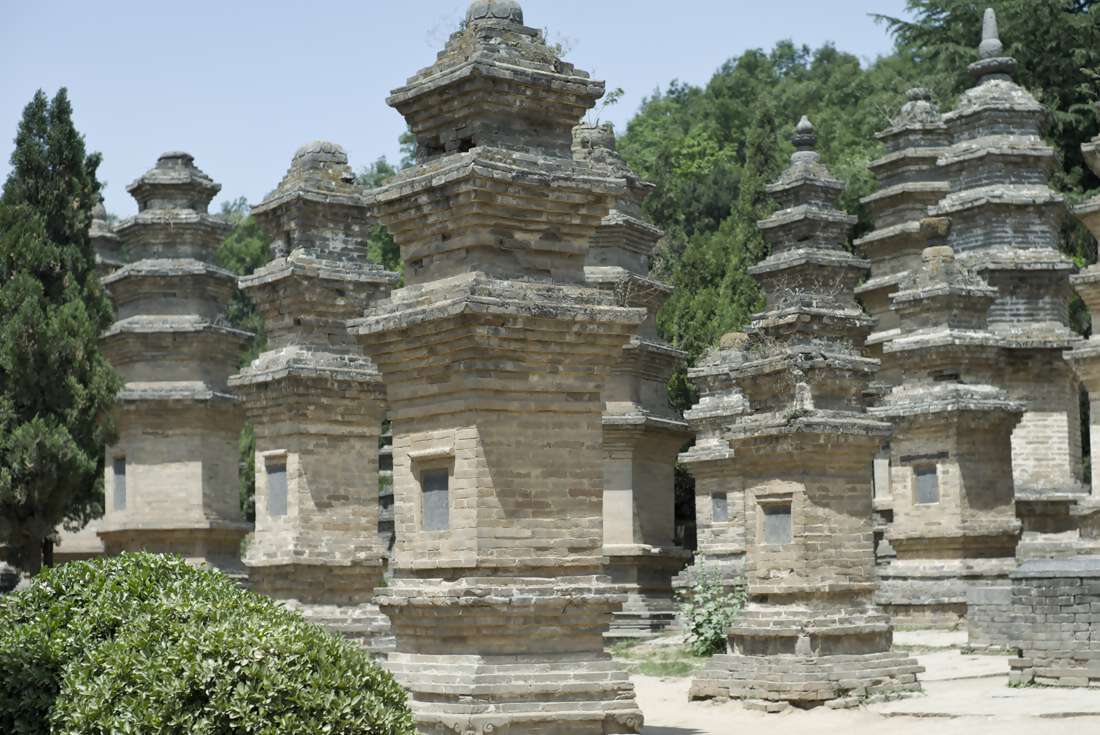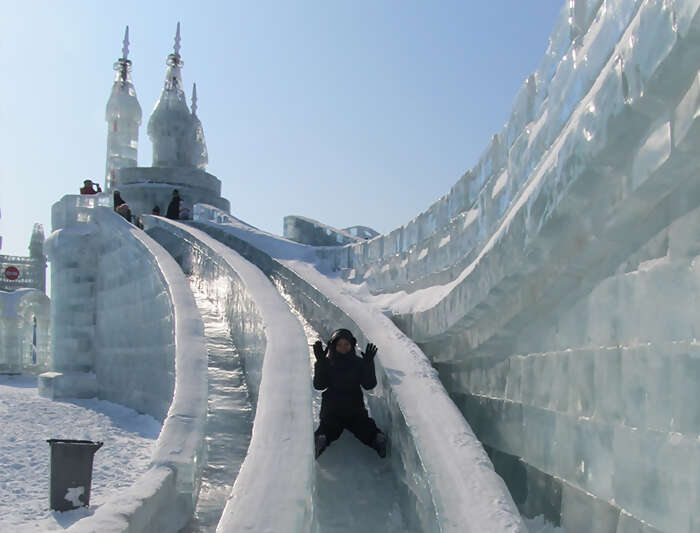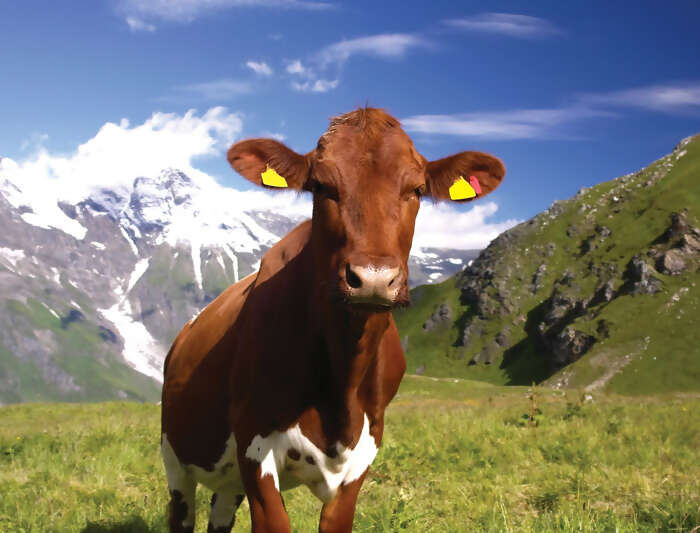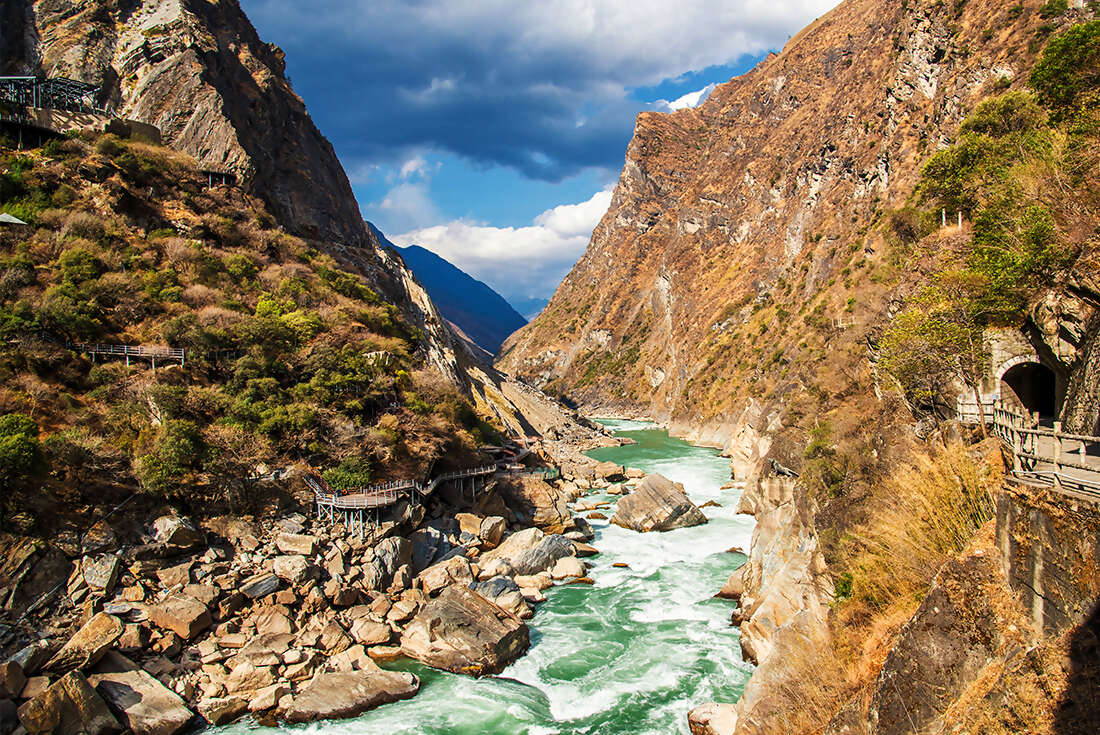 Experience the best of this old-world region on a journey through enchanting Central Europe and Romania. Travel to Austria and be immersed in the country's superb musical heritage and step back in time in the castles of the Czech Republic. Experience Polish traditions while exploring the romantic Old Town of Krakow and get active in Slovakia's Tatra Mountains. Then Explore Hungary and Romania; from the beautiful Baroque churches of Budapest to the haunted castles of Transylvania. Learn about the failed Turkish invasion of Eger and take a wine cellar tour in the Valley of the Beautiful Women. Become acquainted with traditional Romanian culture and customs in Maramures. Tour the medieval churches of Brasov, dine with a local family on an overnight homestay in Viscri and visit Bucharest's 12-storey Palace of Parliament. This epic journey through Central Europe and Romania gives a great insight in to that magical part of the world.
Experience the best of this old-world region on a journey through enchanting Central Europe and Romania. Travel to Austria and be immersed in the country's superb musical heritage and step back in time in the castles of the Czech Republic. Experience Polish traditions while exploring the romantic Old Town of Krakow and get active in Slovakia's Tatra Mountains. Then Explore Hungary and Romania; from the beautiful Baroque churches of Budapest to the haunted castles of Transylvania. Learn about the failed Turkish invasion of Eger and take a wine cellar tour in the Valley of the Beautiful Women. Become acquainted with traditional Romanian culture and customs in Maramures. Tour the medieval churches of Brasov, dine with a local family on an overnight homestay in Viscri and visit Bucharest's 12-storey Palace of Parliament. This epic journey through Central Europe and Romania gives a great insight in to that magical part of the world. Highlights
Soak up the royal history of Krakow's Wawel Castle and step back in time with a stroll through the city's medieval main square
Immerse yourself in the history, architecture and bohemian vibes of the Czech Republic. Step right into a fairytale in the World Heritage-listed town of Cesky Krumlov before soaking up the smooth sounds of jazz at a low-lit bar in Prague
So much of what is great about Europe can be found in Vienna. Revel in the city's rich offerings of art, history and music and stroll along the eclectic Ringstrasse
Enjoy a scenic walk along the banks of the River Danube in Budapest. Threaded with bridges and hemmed in by castles and historic city buildings, Europe’s second longest river is also one of its most beautiful
Hike in the picturesque Tatra Mountains and traverse the steep slopes via funicular, gondola and electric steam train
A sobering tour of Auschwitz concentration camp museum offers insight into one of the most tragic periods in human history
Sample the famous Hungarian 'bulls blood' in Eger, the wine that supposedly gave the Hungarian army supernatural strength during their battle against the Ottoman Empire
Experience peasant life on a full-day tour through the countryside of Maramures, Romania's most traditional and colourful region. Don't be surprised if you see horse-drawn carts along the road
Learn spooky stories while travelling through beautiful Transylvania, famous for its medieval fortified churches and as the birthplace of the inspiration for the world's most famous vampire, Dracula
A home-stay with a local family in the Saxon/Roma town of Viscri will expose you to Romanian hospitality and some finger-licking home-cooked grub
Delve into the communist past and the thriving, artistic present-day vibe of Bucharest, a city often underrated by travellers














- You will visit the following places:
-

Vienna
-

Český Krumlov
Český Krumlov, translated sometimes to Czech Crumlaw, is a small city in the South Bohemian Region of the Czech Republic where Český Krumlov Castle is located. Old Český Krumlov is a UNESCO World Heritage Site[ and was given this status along with the historic Prague castle district. It is an outstanding example of a small central European medieval town whose architectural heritage has remained intact thanks to its peaceful evolution over more than five centuries. The town is also very popular among tourists, who outnumber the local population in the summer.
-

Prague
Prague, is situated on the Vltava River in central Bohemia. It is the capital and largest city of the Czech Republic. The city proper is home to about 1.3 million people, while its metropolitan area is estimated to have a population of over 2.3 million. It has been a political, cultural and economic center of Europe and particularly central Europe for the over 1,100 years of its existence. For centuries, during the Gothic and Renaissance eras, Prague was the permanent seat of two Holy Roman Emperors and thus was also the capital of the Holy Roman Empire. The city played roles in the Protestant Reformation, the Thirty Years' War, and in 20th-century history, both during the two World Wars and during the post-war Communist era.
-

Krakow
Krakow, a city in southern Poland, is known for its well-preserved medieval core and Jewish quarter. It is the second largest and one of the oldest cities in Poland. It has traditionally been one of the leading centres of Polish academic, cultural, and artistic life and is one of Poland's most important economic hubs. The city has grown from a Stone Age settlement to Poland's second most important city. It began as a hamlet on Wawel Hill and was already being reported as a busy trading centre of Slavonic Europe in 965. With the establishment of new universities and cultural venues at the emergence of the Second Polish Republic in 1918 and throughout the 20th century, Kraków reaffirmed its role as a major national academic and artistic centre.
-

Budapest
Budapest is the capital of Hungary. As the largest city of Hungary, it serves as the country's principal political, cultural, commercial, industrial, and transportation centre. In 2010, Budapest had 1,721,556 inhabitants, down from its 1980 peak of 2.06 million. The Budapest Commuter Area is home to 3,271,110 people. The city covers an area of 525 square kilometres (202.7 sq mi) within the city limits. Budapest became a single city occupying both banks of the river Danube with a unification on 17 November 1873 of right (west)-bank Buda and Óbuda with left (east)-bank Pest. Budapest is one of Europe's most delightful and enjoyable cities. Due to its scenic setting and its architecture it is nicknamed "Paris of the East".
-

București
Bucharest is the capital city, cultural, industrial, and financial centre of Romania. It is the largest city in Romania and was first mentioned in documents as early as 1459. Since then it has gone through a variety of changes, becoming the state capital of Romania in 1862 and steadily consolidating its position as the centre of the Romanian mass media, culture and arts. Its eclectic architecture is a mix of historical, interbellum, Communist-era and modern. In the period between the two World Wars, the city's elegant architecture and the sophistication of its elite earned Bucharest the nickname of the "Little Paris of the East".